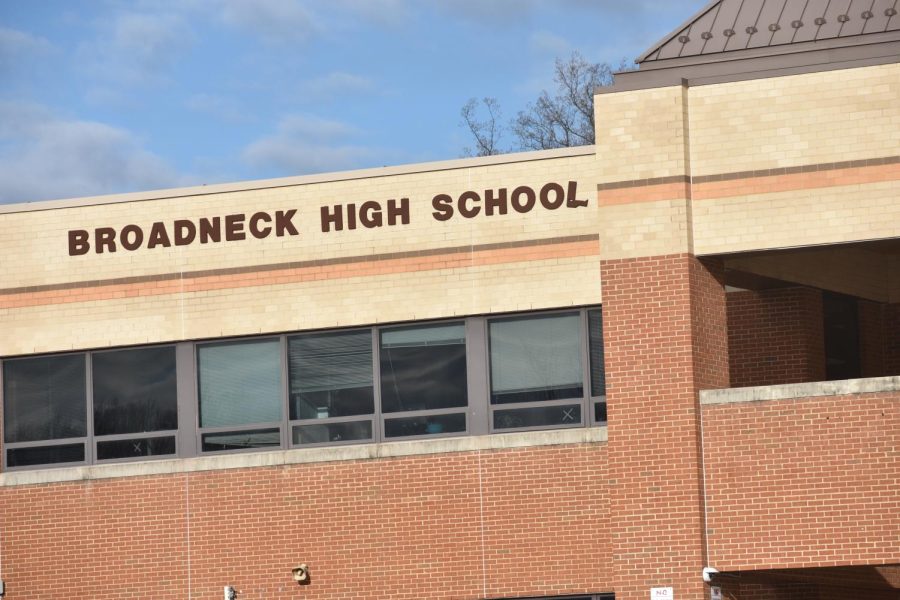AACC professors teach at county high schools
Some AACC professors are teaching high school classes, which students can take for college credit.
January 24, 2023
Anne Arundel County public high school students can take college classes from AACC professors at their schools.
Sara Eger, AACC’s director of instructional pathways and partnerships with county high schools, said having college professors teach at the high schools makes it easier for students who want to be dual-enrolled without having to worry about transportation, time and finances.
To take the classes, students must be part of the Early College Access Program, which offers free AACC tuition to public high school participants.
Students at 13 public schools can get both high school and college credit for the AACC classes, which range from English 101 to a course on drones.
Instructional Specialist Tim Tumelty, who has taught drone-related classes at Broadneck High School for two years, said teaching in the program is a unique experience because he has to “get the students out of the mentality that they’re in high school, because I am there as a college teacher teaching a college class.”
Tumelty, who taught at the Naval Academy, added: “It’s almost a semester-long process. On the first day, you know, [there’s] a little bit of tough love. … So the high school shenanigans just don’t go over well with me.”
Tumelty added opportunities like ECAP are “a great way for high school students to prepare for college,” noting that “seeing them grow” is his favorite part of teaching high school students.
“The best way to get ready for college is to take a college class,” Tumelty said. “And Anne Arundel Community College is a great place to do that.”
Mary Tillar, AACPS assistant superintendent for advanced studies and programs, agreed, saying the county recognizes “the power of providing opportunities for our students in high school [for] college credits” because it gives them better access to careers that are “passion- and interest-oriented.”












